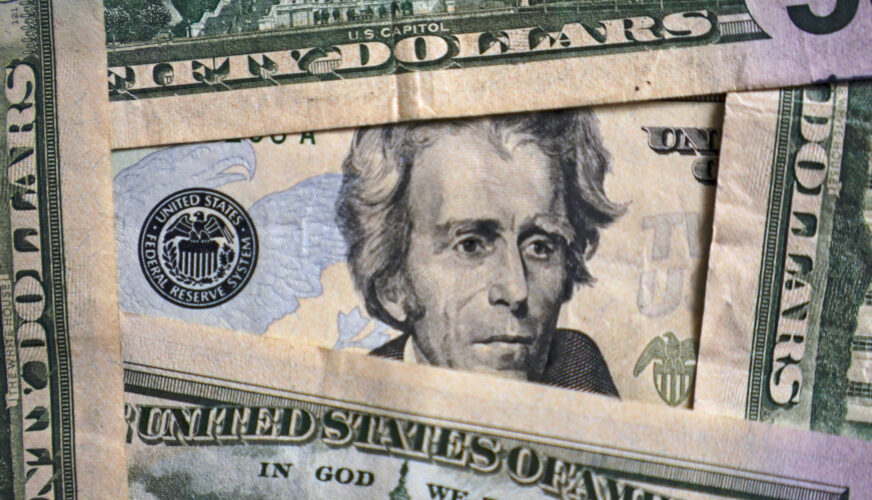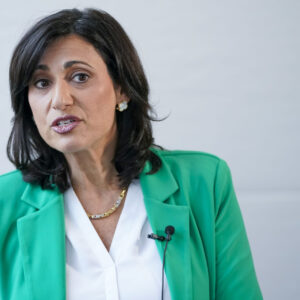Economic uncertainty, inflation, and minimal savings have an ever-growing number of Americans experiencing financial worry. Roughly 70 percent of the country feel stressed about their finances, while the majority of Americans are living paycheck-to-paycheck, according to recent surveys.
The anxiety is mostly stemming from inflation, feelings of financial instability amidst bank closures, and rising interest rates. 52 percent of US adults stated their monetary tensions heightened even before the pandemic started in March 2020.
“People are worried that the money they’ve saved won’t last and are worried they’re going to have to lean more on their credit cards and other sources of debt just to get by,” said Bruce McClary, National Foundation for Credit Counseling’s Senior Vice President.
Basic household expenses—rent, utilities, groceries—are substantially greater than only a year ago which has diminished consumers’ purchasing power.
Almost 60 percent of survey respondents cited inflation as the primary reason for their financial worry. The second leading cause at 43 percent is economy-wide uncertainty, followed by rising interest rates at 36 percent, and minimal or no savings at 35 percent.
Trying to make ends meet, many are turning to credit cards to compensate for shortcomings. Government statistics exhibit rising credit card balances, as well as an increase in delinquency rates. According to a report by the US Federal Reserve, levels of household debt swelled to $38 billion in February from one year ago.
Only 45 percent of American adults have emergency savings, and 26 percent of those polled stated their back-up funds are under $5,000.
People making six-figures are not immune either. 57 percent of those making $100,000 or more are also feeling financially stressed with one-third of high-income earners living paycheck-to-paycheck.
One-fourth of survey respondents said if they had a spare $10,000, they would put it in a combination of stocks, bonds and savings. Another popular choice was investing money in high-yield savings accounts. Only seven percent of those surveyed said they would put money in the stock market, and another seven percent said they would spend the money.


















Add comment